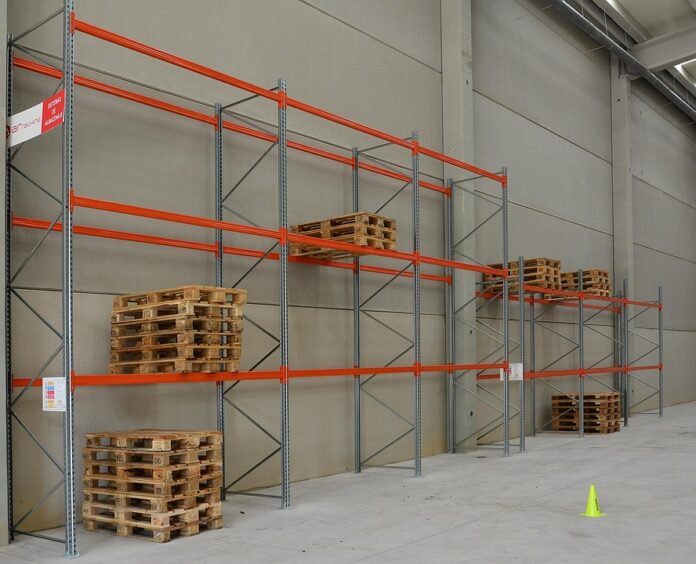Introduction
Food logistics equipment plays a crucial role in supporting traceability and recall readiness in the food industry. This report will delve into how these equipment aid in tracking food products from farm to table, ensuring food safety, quality, and compliance with regulations. By exploring the various technologies and tools used in food logistics, we can understand how they contribute to enhancing traceability and recall preparedness.
Importance of Traceability in Food Logistics
Enhanced Food Safety
Traceability in food logistics enables companies to track the movement of food products throughout the supply chain. By having a clear record of where each product has been sourced, processed, and distributed, companies can quickly identify and address any potential food safety issues. This not only helps in preventing foodborne illnesses but also enhances consumer confidence in the products they purchase.
Compliance with Regulations
Regulatory bodies around the world require food companies to have robust traceability systems in place to ensure the safety and quality of food products. By utilizing food logistics equipment that supports traceability, companies can easily demonstrate compliance with these regulations and avoid costly penalties or recalls.
Role of Food Logistics Equipment in Traceability
RFID Technology
Radio Frequency Identification (RFID) technology is commonly used in food logistics to track and trace products in real-time. RFID tags attached to food products contain unique identification codes that can be scanned at various points in the supply chain. This technology enables companies to quickly locate and recall specific products if needed.
Temperature Monitoring Systems
Temperature monitoring systems are essential in maintaining the quality and safety of perishable food products. These systems track the temperature of food products during transportation and storage, ensuring that they remain within safe limits. In the event of a temperature deviation, companies can quickly identify affected products and take corrective actions.
Blockchain Technology
Blockchain technology is increasingly being adopted in food logistics to enhance traceability and transparency. By recording transactions in a secure and immutable ledger, blockchain enables all stakeholders in the supply chain to access real-time information about the origin and journey of food products. This technology not only enhances traceability but also builds trust among consumers.
Recall Readiness with Food Logistics Equipment
Traceability Systems
Effective traceability systems supported by food logistics equipment are crucial for recall readiness. In the event of a product recall, companies can quickly trace the affected products back to their source and take appropriate actions to mitigate risks. This minimizes the impact of recalls on consumers and helps companies maintain their reputation.
Communication Platforms
Communication platforms integrated with food logistics equipment play a key role in recall readiness. These platforms enable companies to quickly notify stakeholders, such as suppliers, distributors, and consumers, about a product recall. By ensuring timely and accurate communication, companies can effectively manage recalls and prevent further distribution of affected products.
Industry Insights
According to a report by MarketsandMarkets, the global food traceability market is projected to reach $26.1 billion by 2025, with a CAGR of 9.2% from 2020 to 2025. This growth is driven by the increasing focus on food safety and quality among consumers and regulatory bodies. As such, food companies are investing in advanced food logistics equipment to enhance traceability and recall readiness.
Conclusion
Food logistics equipment plays a crucial role in supporting traceability and recall readiness in the food industry. By leveraging technologies such as RFID, temperature monitoring systems, and blockchain, companies can enhance traceability, ensure food safety, and comply with regulations. As the global food traceability market continues to grow, investing in robust food logistics equipment will be essential for companies to stay competitive and maintain consumer trust.




